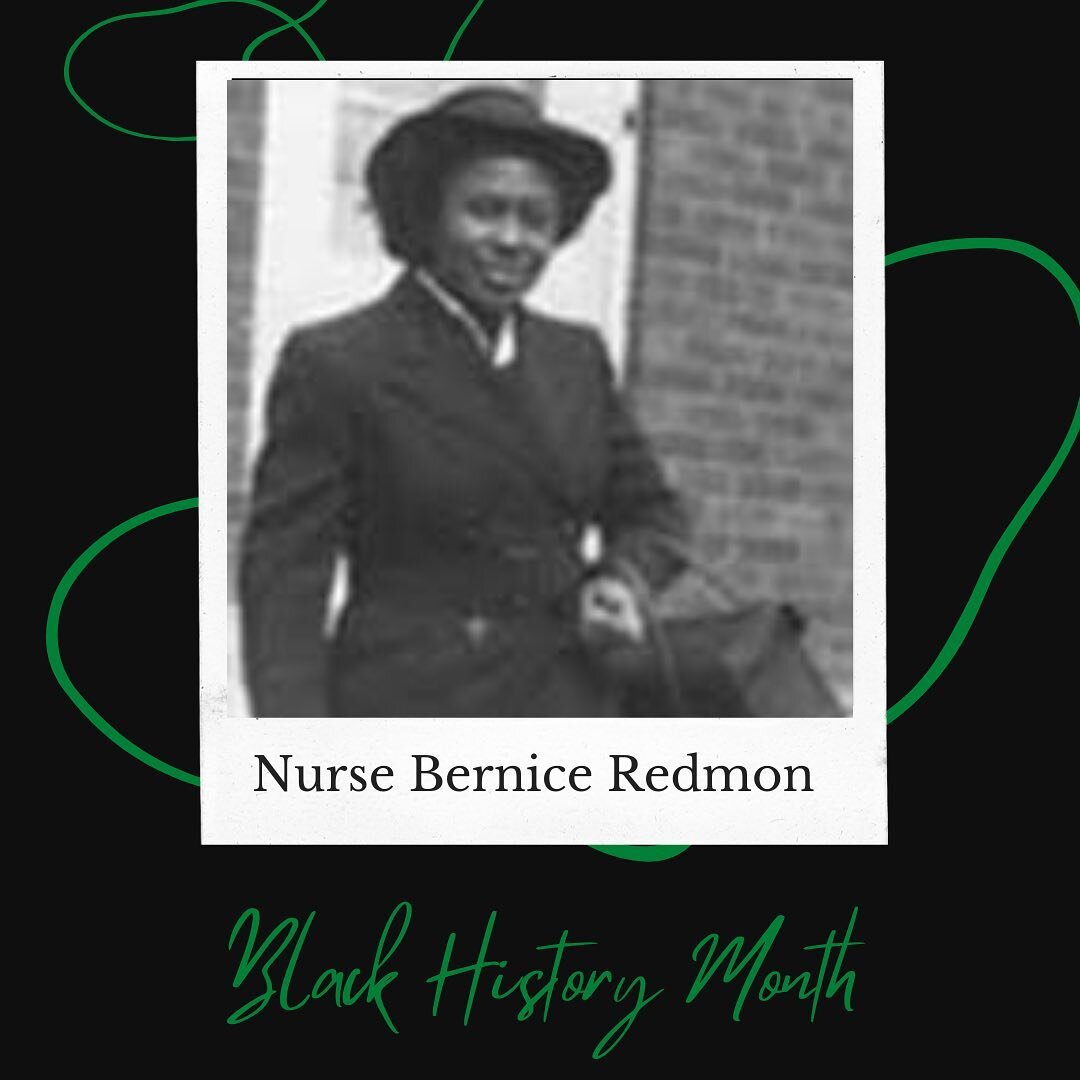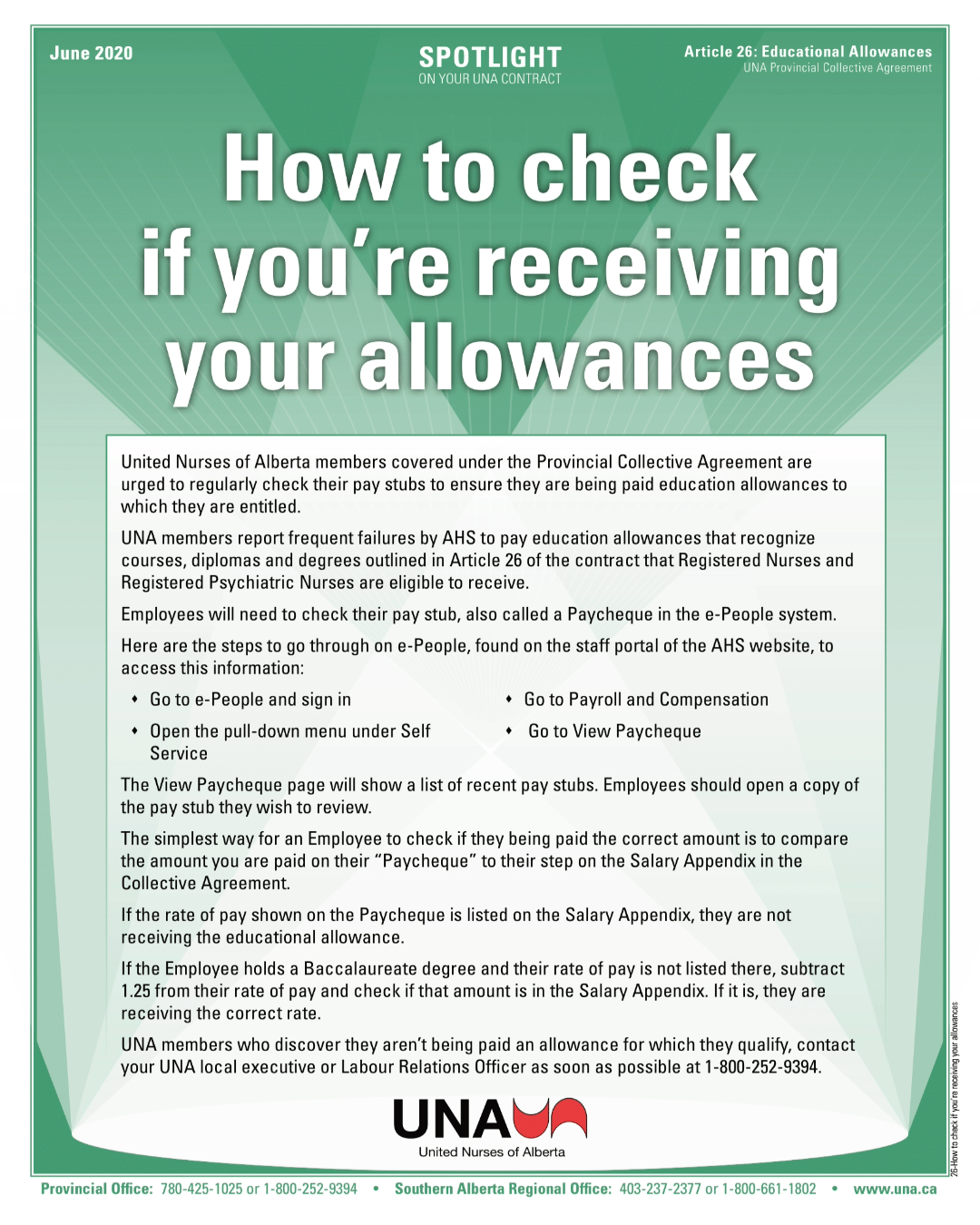The UNA Resources, Local Updates Blog
Stop trying to find information all over the web. Start below with a simple access to read the blog’s United Nurse of Alberta (UNA) resources, UNA Local 115 updates and our newsletter so you can be informed!



Employees have a right to refuse overtime – except in emergencies
Employees have a right to refuse overtime – except in emergencies
Under Article 8.04 of the UNA Provincial General Agreement, Employees have a right to refuse overtime – but not in an emergency, when the Employer can assign mandatory overtime. Members who are concerned that the Employer is using mandatory overtime improperly, or that they are being asked to work too much overtime, need to inform UNA as soon as possible so that an appropriate response can be made. Article 8:04 states: (a) The Employer shall endeavour to minimize the use of mandatory overtime. (b) The Employer may request an Employee to work a reasonable amount of overtime. Should the Employee believe that the Employer is requesting the Employee to work more than a reasonable amount of overtime, then the Employee may decline to work the additional overtime, except in an emergency, without being subject to disciplinary action. (c) An emergency is a circumstance that calls for immediate action. (d) The Employer shall take reasonable steps to avoid a staffing situation which may become an emergency prior to requiring overtime. Since “reasonable” is not defined in this article, it is up to Employees to use their own judgment determine if the Employer’s request in unreasonable. If you believe you are being asked to work an unreasonable amount of overtime, you should contact your Local executive or UNA Labour Relations Officer immediately. Can the employer ask you to work anyway? Yes, the Employer may use mandatory overtime in the event of an emergency. If you believe you have been asked to work mandatory overtime for something that is not a true emergency, or that the Employer has not taken reasonable steps to avoid a staffing situation that has resulted in an emergency, you should also contact your Local executive or UNA Labour Relations Officer immediately. You can contact your UNA Local Executive or Labour Relations Officer at 1-800-252-9394.







Ensure you are receiving your Education Allowances
Ensure you are receiving your Education Allowances
According to Article 26.01 of the United Nurses of Alberta Provincial Collective Agreement, Employers will acknowledge educational credentials from recognized post-secondary institutions and use those credentials to establish the Employee’s basic rate of pay. Check Article 26 of the Collective Agreement for a list of courses, diplomas and degrees eligible for an education allowance. An education allowance for a Baccalaureate Degree shall be payable after the Employee provides their Employer with satisfactory proof of their degree. Allowances for education shall be paid from the date the Employee provides proof of qualifications to the Employer retroactive to the date the Employee completed the requirements for the qualification or from the date of hire, whichever is later, to a maximum of 12 months. Unfortunately, however, experience shows that Employees are not always paid the allowances to which they are entitled even after they have informed the Employer. As a result, at the time they inform the employer of their entitlement to an education allowance, UNA members are encouraged to retain a date-stamped document or a copy of the email they sent to establish when and how they informed the employer. Education allowances are not cumulative. An Employee should expect to only receive the highest allowance for which they are eligible. UNA members with any questions of concerns should contact their UNA local executive or Labour Relations Officer at 1-800-252-9394.

How to check if you’re receiving your Education Allowances
How to check if you’re receiving your Education Allowances
United Nurses of Alberta members covered under the Provincial Collective Agreement are urged to regularly check their pay stubs to ensure they are being paid education allowances to which they are entitled. UNA members report frequent failures by AHS to pay education allowances that recognize courses, diplomas and degrees outlined in Article 26 of the contract that Registered Nurses and Registered Psychiatric Nurses are eligible to receive. Employees will need to check their pay stub, also called a Paycheque in the e-People system. Here are the steps to go through on e-People, found on the staff portal of the AHS website, to access this information: Go to e-People and sign in Open the pull-down menu under Self Service Go to Payroll and Compensation Go to View Paycheque The View Paycheque page will show a list of recent pay stubs. Employees should open a copy of the pay stub they wish to review. The simplest way for an Employee to check if they being paid the correct amount is to compare the amount you are paid on their “Paycheque” to their step on the Salary Appendix in the Collective Agreement. If the rate of pay shown on the Paycheque is listed on the Salary Appendix, they are not receiving the educational allowance. If the Employee holds a Baccalaureate degree and their rate of pay is not listed there, subtract 1.25 from their rate of pay and check if that amount is in the Salary Appendix. If it is, they are receiving the correct rate. UNA members who discover they aren’t being paid an allowance for which they qualify, contact your UNA local executive or Labour Relations Officer as soon as possible at 1-800-252-9394.




How Safe is Your Workplace: A Reproductive Risk Story
How Safe is Your Workplace: A Reproductive Risk Story





